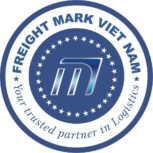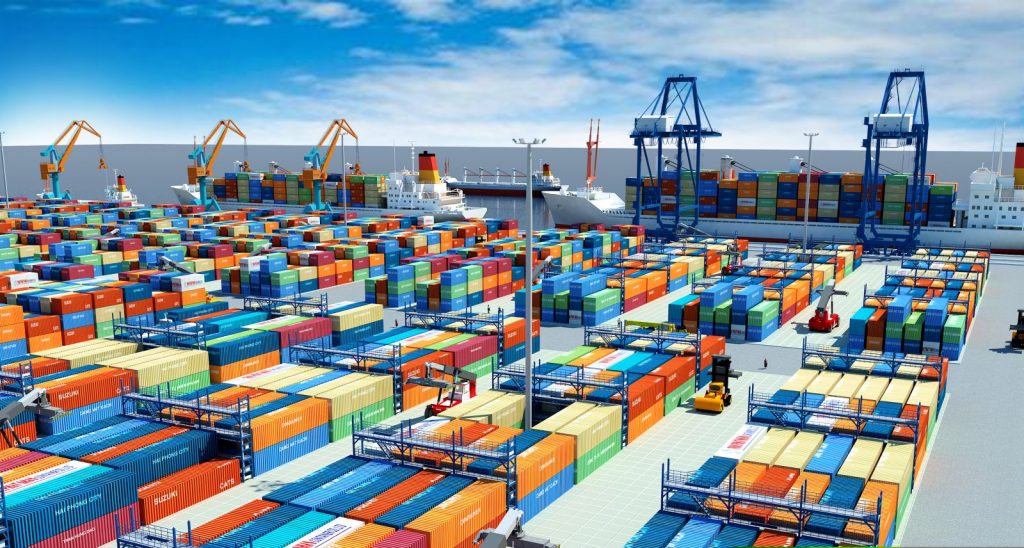VCN – The Minister of Finance recently signed and submitted to the Government a report on the approval of the scheme of customs bond mechanism for import-export and transit goods.
In accordance with international practice
The goal of the scheme is to facilitate the import of goods, simplify some administrative procedures, ensure cargo clearance, quickly release and reduce costs for businesses due to the need for storing goods at the border.
Previously, in Decision 1254/QD-TTg dated September 26, 2018, Prime Minister Nguyen Xuan Phuc assigned the Ministry of Finance to develop a pilot scheme to implement the customs bond mechanism for a number of import-export goods subjected to specialised inspection.
The process of studying the feasibility of the customs bond mechanism was carried out by the Ministry of Finance and other ministries (Government Office, Ministry of Health, Ministry of Industry and Trade, Ministry of Justice, and the Ministry of Agriculture and Rural Development) based on a reference issued by Global Trade Facilitation Alliance (GATF) and field surveys in the US in 2018.
According to the Ministry of Finance, following the Prime Minister’s directives, the scope of the pilot application should also be extensive research, not only limited in specialised inspection but also apply the guarantee in the time limit for paying taxes and late submission of a number of documents in customs dossiers (such as certificates of origin, export and import licenses, results of specialised inspection), guarantees to ensure customs supervision for goods subject to tax exemption, not subject to tax, or waiting for examination results on codes and valuation of customs authority.
The implementation in fields of customs management of import-export goods will facilitate implementation of customs procedures by enterprises, as well as ensure comprehensive compliance with customs law, tax regulation and legal policies on specialised management.
Therefore, according to the Ministry of Finance, to ensure the legal basis and the implementation progress and application of customs bond mechanism for import-export in the process of customs procedure, to facilitate commercial activities, reducing cargo clearance time, but still ensuring supervision and management by the Customs authority, the ministry proposed to amend the project’s name as scheme of customs bond for import-export and transit goods.
Besides that, according to the Ministry of Finance, currently, the issue of trade facilitation is a global trend with the goal of developing foreign trade and increasing competitiveness and integration with the global economy.
Especially when Vietnam passed the WTO Trade Facilitation Agreement (TFA) on December 15, 2015 and contributed to bringing the agreement to officially come into effect on February 22, 2017 after having 112 member countries pass the agreement, affirming Vietnam’s commitments in simplifying import and export procedures, facilitating trade and economic development. The determination of constraints that inhibit trade development is the premise for realising the commitments stated in the TFA and the application of customs bond mechanism for import-export goods also a part of Vietnam’s commitment when joining this agreement.
Per the evaluation and ranking of international organisations, Vietnam’s business environment in 2018 improved 13 levels compared to 2016. Results of rapid and clear improvement of the business environment, improvement the competitiveness of Vietnam had been highly appreciated by international organisations, recognised by enterprises and people.
However, the ranking of Vietnam’s business environment and competitiveness was at an average spot on the international level (ranked 69/190 in business environment and 77/140 in terms of competitiveness). In the ASEAN region, it was still not in the group of four leading countries (ranked fifth in business environment, seventh in competitiveness). Besides some indicators of rapid improvement, there were still many indicators of slow improvement.
The reason was that due to the large number of procedures, processing time was long; operational quality of businesses was not high. This came from the fact that after the establishment procedure, operating cost of businesses was constantly increasing. At the same time, the reforms of specialised inspection management and business conditions which were assessed by experts only achieved initial results and were not systematic.
Continue the goal of reform
To achieve the goal of continuing to improve the business environment and enhance national competitiveness, along with speeding up the implementation of TFA commitments, faciliate to promote the national economy development, the Government has issued guidance documents related to this content, with the goal that the business environment and competitiveness will reach the average ASEAN 3 – with the cargo clearance time across the border will be below 36 hours for export goods and less than 41 hours for imported goods by 2020.
That context has required Vietnam to drastically reform, innovate and apply appropriate management methods to facilitate trade and quickly clearance, with the application of the customs bond mechanism of some developed countries in the world such as the US, Canada and Japan will be a tool to help Customs authorities improve management capacity, enhance self-discipline and self-compliance of enterprises, help accelerate cargo clearance, reducing costs for businesses and contributing to expanding the type of insurance business in Vietnam.
By N.Linh/Thanh Thuy
Source: https://customsnews.vn



